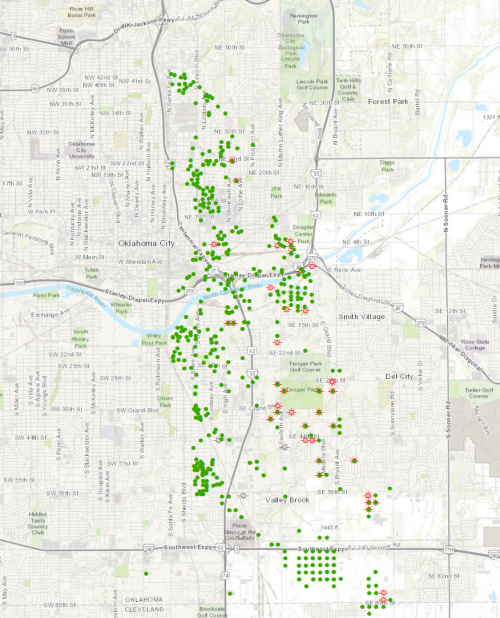VikingsGuy
Well-known member
They should make them bond it with general liability firms (not self-funded). They pay the premium up front. The bonders take the risk and price bonds accordingly - and chase the defaulters.Seems like that's a failure of bankruptcy court?
If I was king for a day I would make a law that plugging liability comes before paying off service companies and banks.






